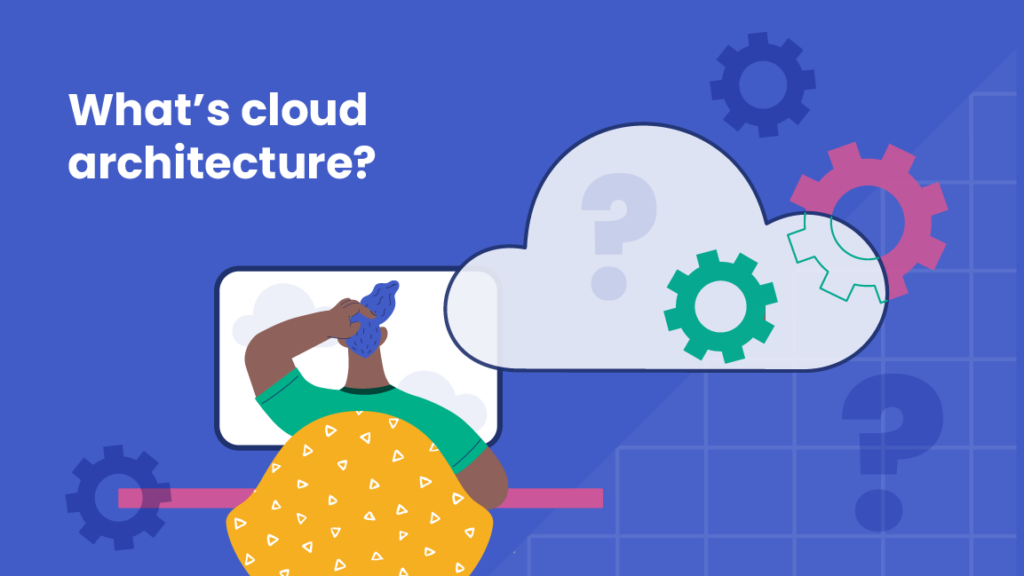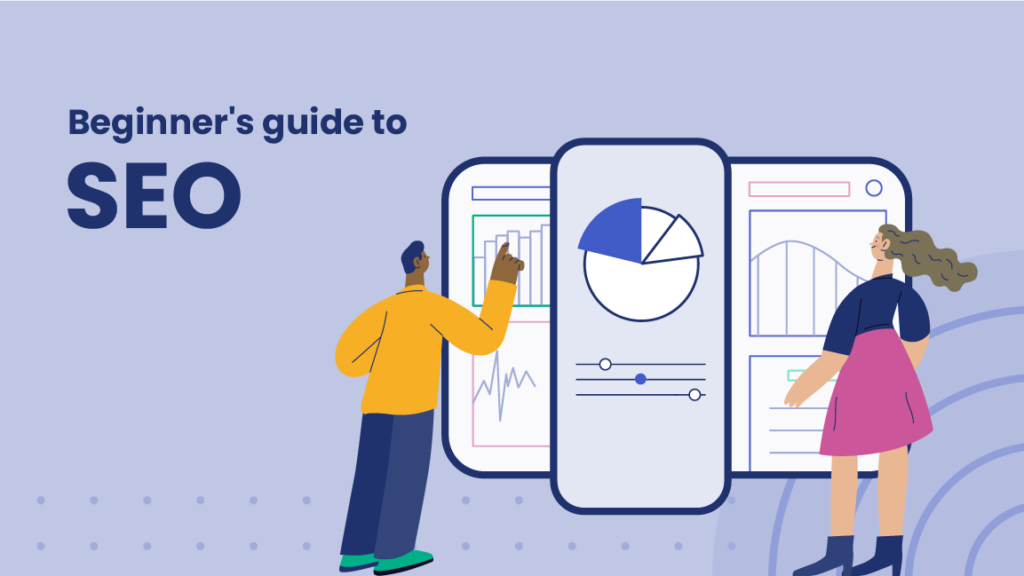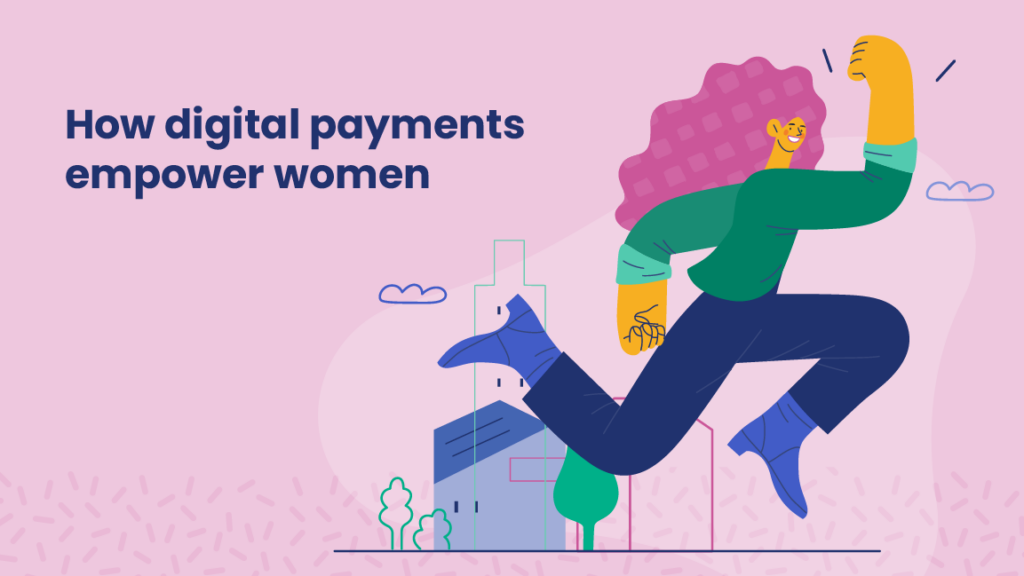6 questions to ask when choosing a utility bill management software for your agency
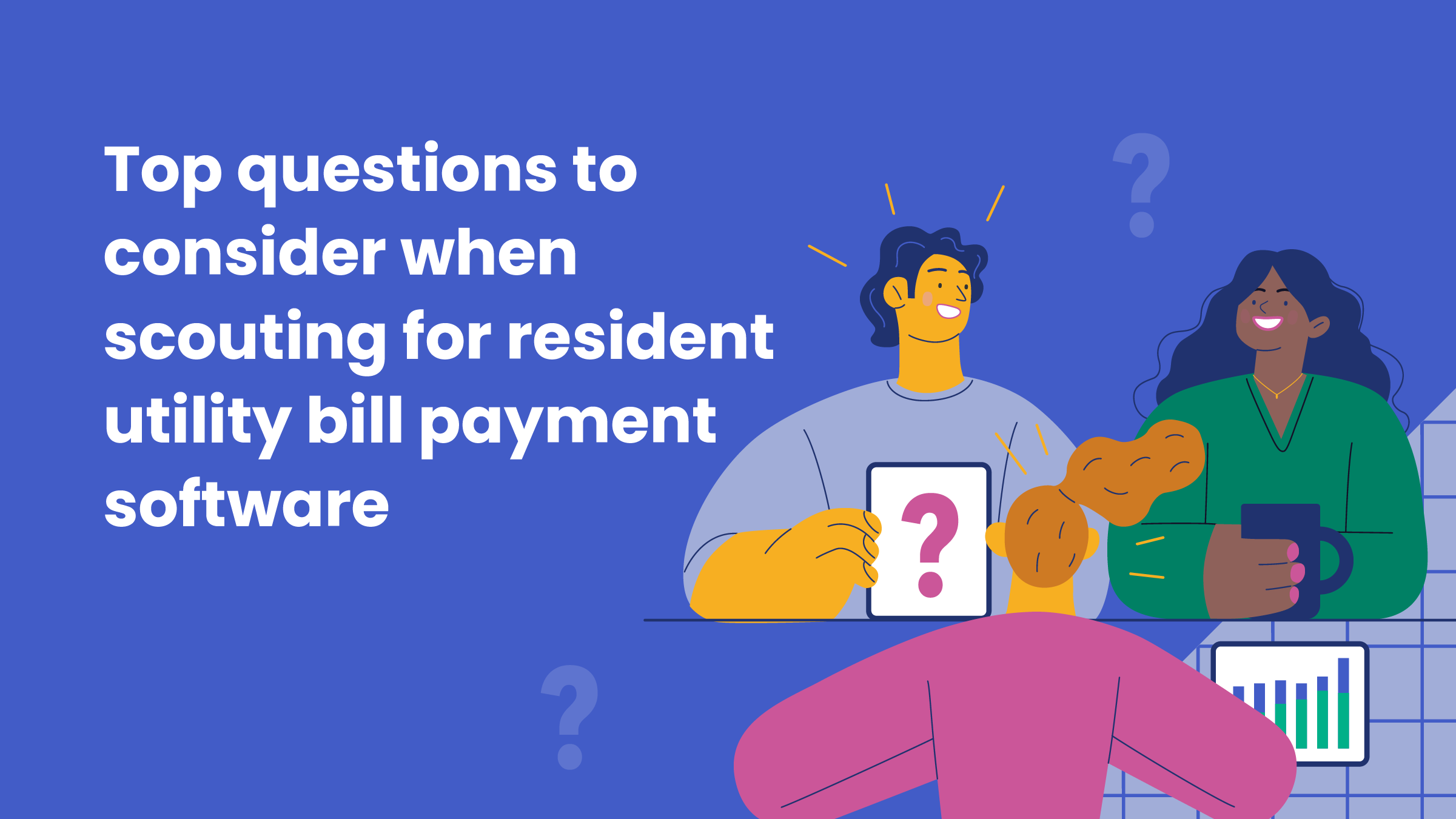
Over 73% of commercial customers are very interested in energy management analytics, per a study by Deloitte. To meet the needs of residents and businesses, you need utility bill management software that can automate and manage workflows adequately and enable your agency to provide constituents with relevant information.
Key takeaways:
- Adopting utility bill management software in your government technology stack can save your team time and resources.
- To select the right municipal billing software, you must consider essential factors such as compliance, user experience and your constituent’s needs.
- Utility billing software supports government digital transformation and encourages civic engagement.
Top questions to consider when scouting for resident utility bill payment software
As the name implies, a utility bill payment software for residents is a solution that allows constituents to manage utilities such as electricity, water and refuse on data-enabled devices.
Every constituency has unique needs based on geography, population size, income and average age.
To select the best software for your jurisdiction, here are six critical questions to ask about the tool you’re considering:
1. Is the utility bill payment software cloud-based or on-premise?
The difference between cloud-based and on-premise software is the location. On-premise software is installed on your local servers and computers while cloud-based solutions reside on vendors’ servers and is accessed through the internet.
As opposed to on-premise solutions requiring high capital and long implementation times, cloud solutions require no upfront costs as you pay periodically for storage and computing power that you use. In addition to being accessible on any device with an internet connection, the government cloud prioritizes zero-trust security and helps you meet regulatory requirements, which is essential for safeguarding residents’ data.
PayIt’s utility bill processing solution is built on Amazon Web Services (AWS) GovCloud, meeting the highest government standards on access control, data protection and regulatory compliance.
2. Does this utility payment software pass regulatory and compliance requirements such as PCI?
According to research by Gartner, compliance policies across multiple jurisdictions are set to expand over the next two years. Compliance requirements for software protect the integrity of consumer data.
Government agencies should only consider utility bill payment software that complies with the required federal standards. Key certifications include:
FedRAMP
Federal Risk and Authorization Management Program (FedRAMP) is a government-wide initiative that creates a standardized approach to security, promoting the adoption of cloud services across the federal government.
As one of the most rigorous software certifications worldwide, a stamp of approval by FedRAMP indicates that a cloud solution is capable of securely holding federal data.
PayIt is compliant with FedRAMP’s high-security baseline — the most thorough level covering sensitive, unclassified data.
PCI
Payment Card Industry (PCI) compliance is a technical and operational standard organizations follow to secure credit card data that cardholders provide to complete online transactions. The PCI compliance standard, which has 12 security requirements based on six essential security principles, enables businesses to avoid hefty fees and fines should a data breach occur and protects consumers’ personal information.
Any utility bill management software your agency considers must maintain PCI compliance since many constituents will carry out card processing transactions for their utility bill payments.
PayIt is a PCI level 1 merchant and service provider meaning that our scalable platform meets strict customer identity verification and transaction security requirements.
3. How can this municipal billing software secure my residents’ data?
Prioritizing privacy by protecting residents’ information helps build trust and stimulate civic engagement. Per a survey by McKinsey, 87% of respondents will not do business with an organization if they have concerns about its security practices.
Here are some ways a government payment software can secure resident data:
- Vulnerability testing. Application security teams for payment platforms should identify, diagnose and triage app vulnerabilities that malicious attacks can exploit. This assessment helps to evaluate risks and take proactive measures to ensure cyber resilience.
- Privacy policy. Informing residents that your agency prioritizes information safety encourages the adoption of online interactions. A privacy policy shows your constituents how your team plans to use their data and builds trust in your municipal billing software.
- Encryption. This process involves translating data into another form of code — ciphertext — to prevent unauthorized access to billing and customer information. Data encryption ensures that only those with a correct decryption key can view the content of the ciphertext, which boosts online transaction security.
- Compliance regulations. Requirements such as PCI and FedRAMP ensure that software meets a standard that is suitable for consumers.
PayIt’s intuitive SaaS platform helps government agencies safeguard their systems by complying with existing standards, developing protocols such as tokenization, encryption and 24/7 monitoring for online transactions, consistently upgrading the platform to meet new compliance requirements and keep residents’ utility billing data secure.
4. Can constituents store documents and receipts in a mobile wallet?
In addition to providing payment processing capabilities with a user-friendly interface, utility billing software for cities must be functional and optimized often. This means that constituents should be able to perform other functions such as viewing transaction history and storing documents and receipts. PayIt’s all-in-one platform includes GovWallet™, which streamlines payments for all government services. With PayIt’s e-wallet app, residents can set up automatic payments for bills or make instant payments with one click.
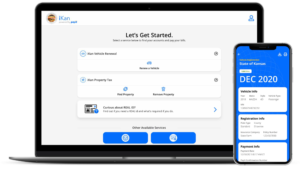
PayIt GovWallet™ also enables constituents to store payment methods and documents such as birth certificates, business licenses and receipts for municipal bills such as utilities, property taxes and court fees.
5. How can my agency measure success with this resident billing software?
Any resident billing software you’re considering should provide your leadership team with relevant insights such as the total amount revenue collected, adoption and growth rate between different periods.
For example, the Beaufort County Treasurer’s Office was able to accurately determine the percentage increase in online revenue collected year-over-year and calculate the total amount received in online utility invoices annually — all thanks to PayIt’s intuitive SaaS platform.
6. How many channels does this government payment platform give my residents access to?
The goal of online transactions with the government is to provide multiple options and convenience.
An ideal utility payment solution needs to offer an omnichannel approach. In other words, your municipal billing software should be accessible over the web, mobile and desktop applications. It also needs to enable interactive voice response (IVR) and point-of-sale (POS) payments for residents that prefer more traditional methods.
In Michigan, for example, the City of Grand Rapids deployed GR PayIt, a government platform that is accessible to constituents on multiple devices. This multichannel allows the city to meet its residents wherever they are, resulting in over $149.43 million in online utility revenue as of July 2021.
Offer your residents a user-friendly utility payment software with PayIt
Want to create better online experiences for your residents? Offering a utility bill management software is a great way to start.
Partner with PayIt and provide a custom solution for your constituency. Book a demo with our experts to get started.
Frequently asked questions
Can utility bill payment software sync all my residents’ data across multiple devices?
Yes. A municipal utility billing software such as PayIt integrates with your back office systems and updates data across your platform when constituents perform new transactions. Solutions such as PayIt’s GovWallet™ sync residents’ utility billing data across all devices to enable easy access to payment information and documents. This feature can be done in real time with an API.
Is there a limit to the number of users a utility software can serve?
No, there shouldn’t be. Resident billing software such as PayIt adopts cloud-based utility billing, meaning that the solution can serve unlimited users since resident data is stored in the cloud.
What kind of customizations does PayIt offer for municipal payment software?
PayIt can customize your government payment software depending on your employees’ and constituents’ needs to include features such as reporting dashboards, electronic billing, autopay for water bills, a digital wallet, service linking and more.
Looking for more content?
Get articles and insights from our monthly newsletter.


